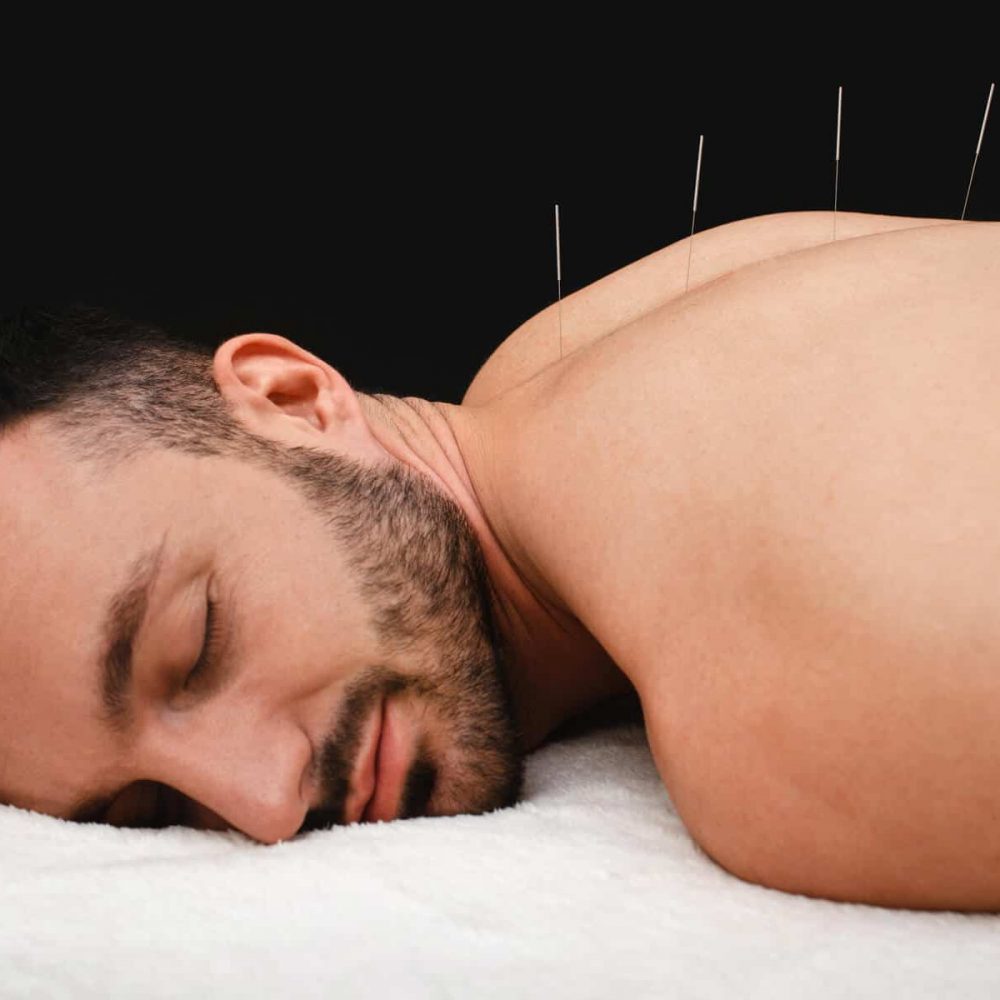Acupuncture
What can acupuncture treat?
In the West, we commonly think of acupuncture as a modality to treat pain. However, there is a growing awareness that acupuncture can treat a number of concerns. This may seem strange to us, but because Traditional Chinese Medicine (TCM), including acupuncture, is designed as a full medical system to balance the entire body so it can heal itself.
Acupuncture is capable of effectively treating a wide range of problems. It is not uncommon for someone to come in for one particular problem, and find that other symptoms are alleviated as well. Acupuncture is being introduced into many hospitals across the United States and has been incorporated in most hospitals in China for quite some time now. The Joint Commission now requires hospitals to provide non-pharmacologic pain treatment modalities such as acupuncture and massage therapy.
Acupuncture can:
- Reduce or eliminate back pain & all types of pain
- Decrease the frequency and intensity of headaches & migraines
- Reduce feelings of stress, anxiety & depression
- Decrease digestive Issues
- Improve fertility & menstrual concerns
- Improve sleep and energy
- Treat many other conditions


